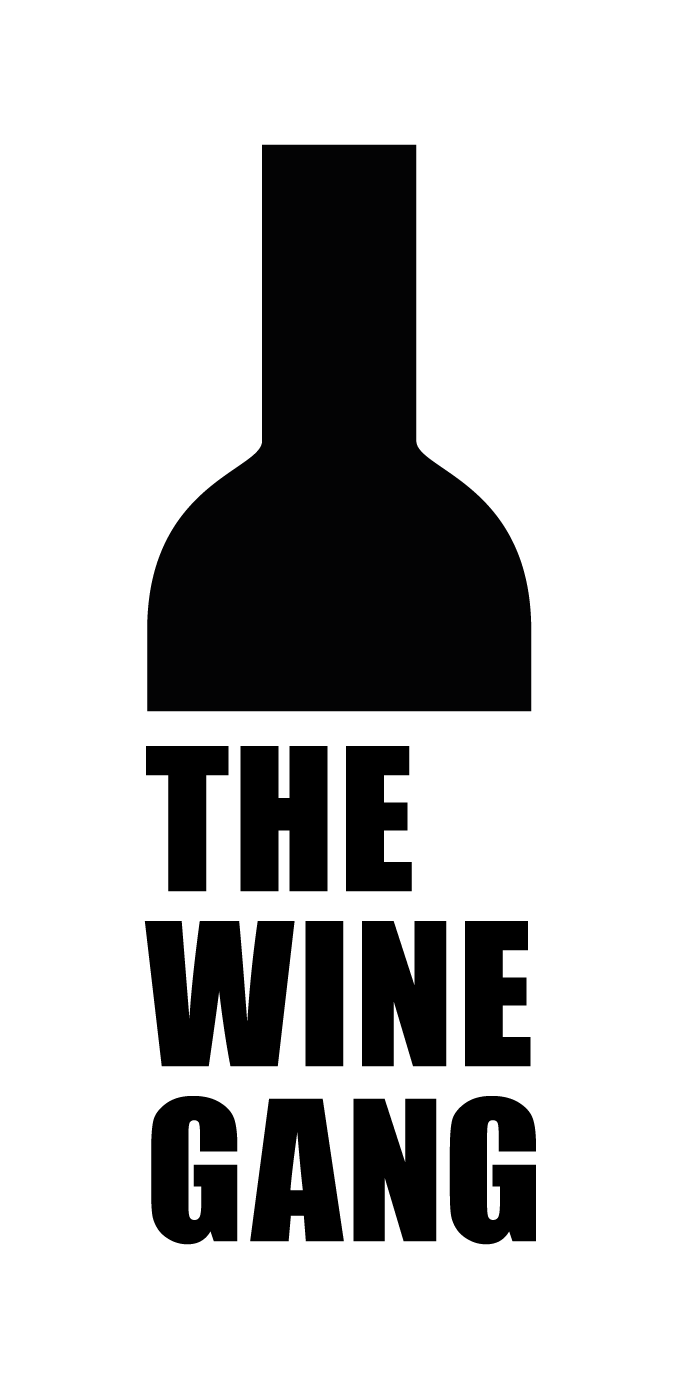A visit to Blackbook Winery
Blackbook’s wines were certainly amongst those that created more buzz at our London Winter Festival last December. They stood out within the English Wine Zone due to their distinctive character, their appealing branding and the charisma of owner/winemaker Sergio Verrillo.
Last Saturday The Wine Gang joined one of the tours Sergio runs at his winery in Battersea to find out more about the project’s story. And taste his wines of course!
The brainchild of husband and wife Sergio & Lynsey, Black Book Winery is a family-run, completely self-funded project. It is, in Sergio’s own words, a true “farm to table” operation: unlike most of the urban wineries that have mushroomed in London over the past few years, Blackbook only works with local fruit while others rely extensively on grapes brought from the continent. Sergio works closely with growers in Essex, Oxfordshire and East Anglia, overseeing vineyard work throughout the year to guarantee only the best grapes make their way to the winery. It also fosters the dynamic of mutual understanding and support that is integral to the project’s ethos. (On that note, you can also volunteer to help out during harvest!)
After (accidentally!) landing a job as a sommelier, Sergio found his passion for wine but soon discovered he wanted to be on the production side of the industry. A viticulture degree at Plumpton College and stints in wineries in Burgundy, Stellenbosch and California followed. He eventually settled under the railway arch in Battersea that now houses Blackbook’s operations.
If English fizz is widely lauded and sought, British still wines are yet finding their true potential. This was a challenge Sergio was willing to take and the results have been impressive. He works with low but careful intervention, relying solely on wild yeasts. Fermentation and ageing happen almost solely in wood and the wines have extended lees ageing, developing the trademark texture of Blackbook’s range. If Sergio doesn’t do any temperature control the fact is that this is arguably not necessary at all: their railway arch has proven to offer cave-worthy temperature and humidity stability. (Useful to know ahead of Brexit.)
Blackbook currently has three wines available, which we were lucky to taste during our visit. Production is (still) quite low and from vineyard to labelling - as illustrated - completely hands-on. Genuinely London craft.
We can’t wait for the party that is in the works to release some of their new vintages and wines.
And we look forward to showcasing Blackbook’s wines at one of our future events again!
Wines tasted:
‘GMF’ 2017 – a traditional method, non-disgorged sparkling made of 100% Seyval Blanc. This hybrid variety has found a natural home in England and even though it is increasingly less popular in favour of Champagne varieties it can, as this GMF proves, produce wines with a lot of character. Full of texture and with a broad palate this is a wine that works equally well as an aperitif or a companion to Asian food and mezze. Notes of white peach, yellow apple and ripe pear, with an elegant savoury finish.
Chardonnay 2017– coming up with a balanced English still Chardonnay was not the easiest of tasks for Sergio. After extensive research on vineyards using less acid-driven clones he finally found the best raw material for this barrel fermented wine that spends a minimum 6 months on the lees with extended bâtonnage. The wine is textural and rich with a ripe fruit character (think bruised apples and melon) underpinned by toasted almonds, sourdough, vanilla and glazed ginger. Great with soft cheeses and chicken.
Pinot Noir 2017 - this is the wine we’ll be drinking on Summer afternoons, slightly chilled, alongside some charcuterie and salads. It undergoes a cold long fermentation and shows the strong varietal character of a cool climate Pinot: the freshness of red fruit (sour cherry, red plum, wild strawberry) structured around the vibrant spiciness of black pepper, aniseed and liquorice.
— posted by Ines Salpico




